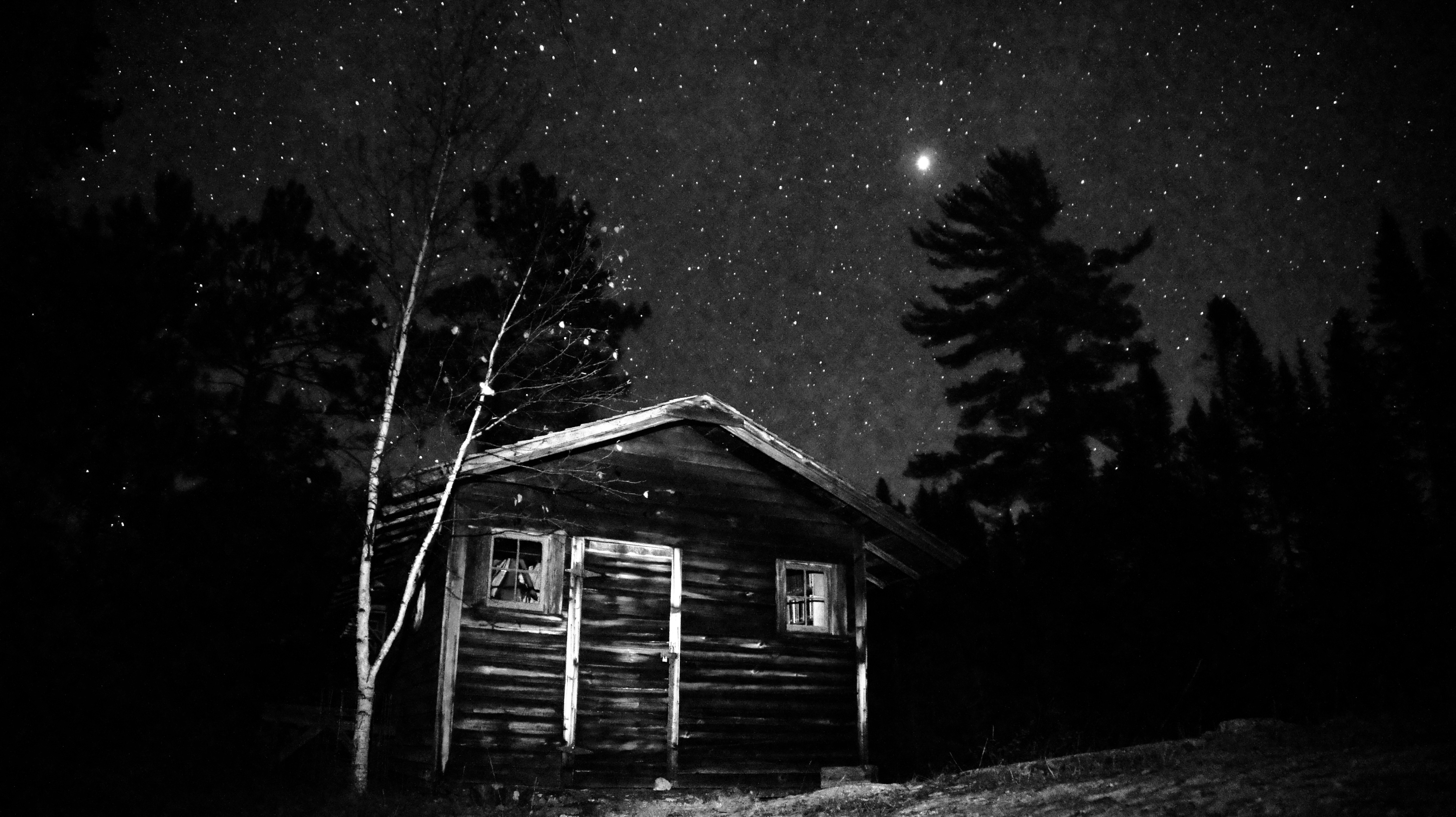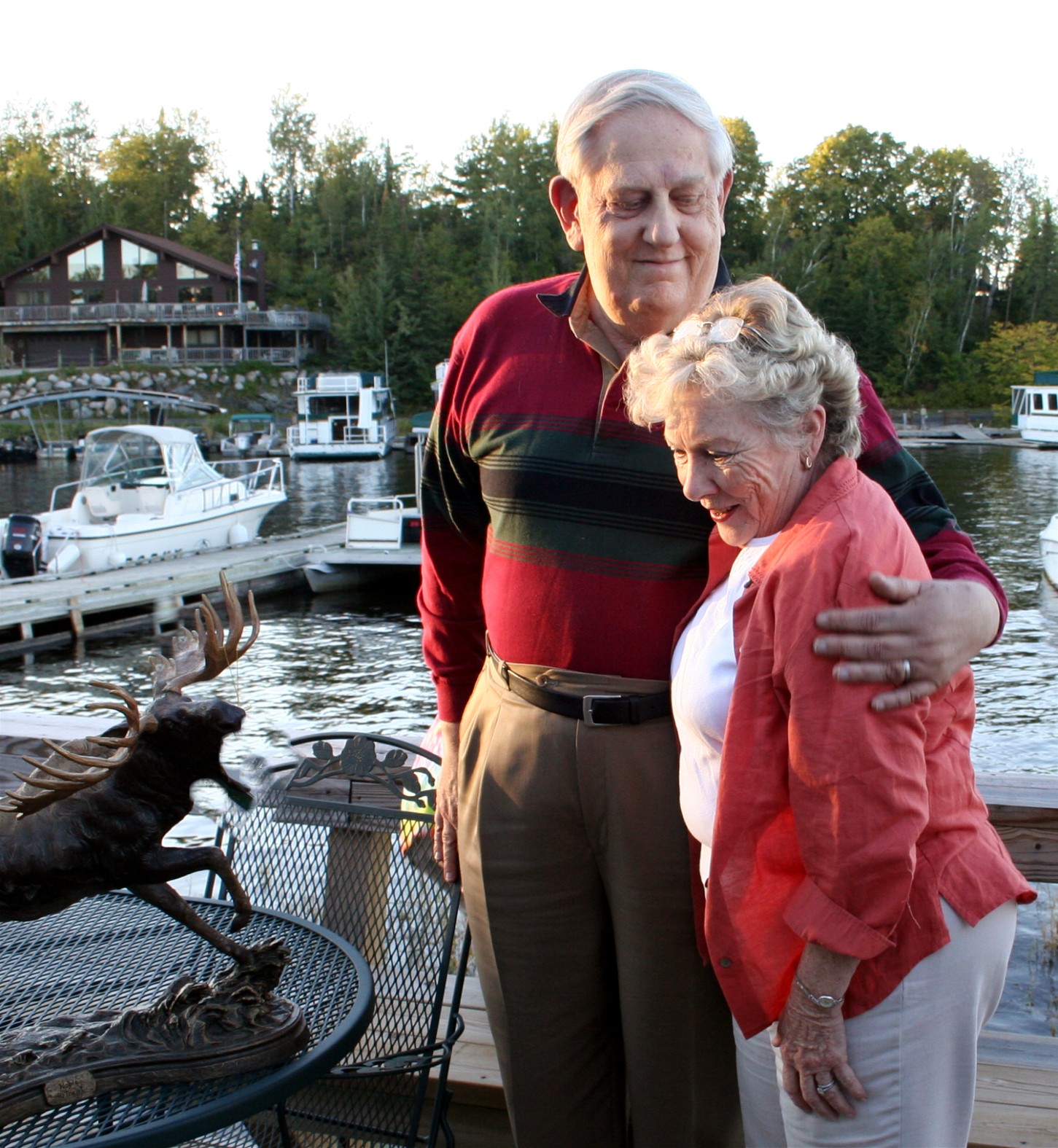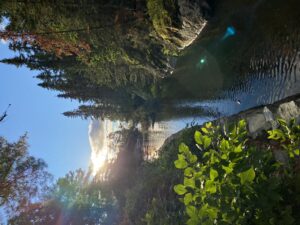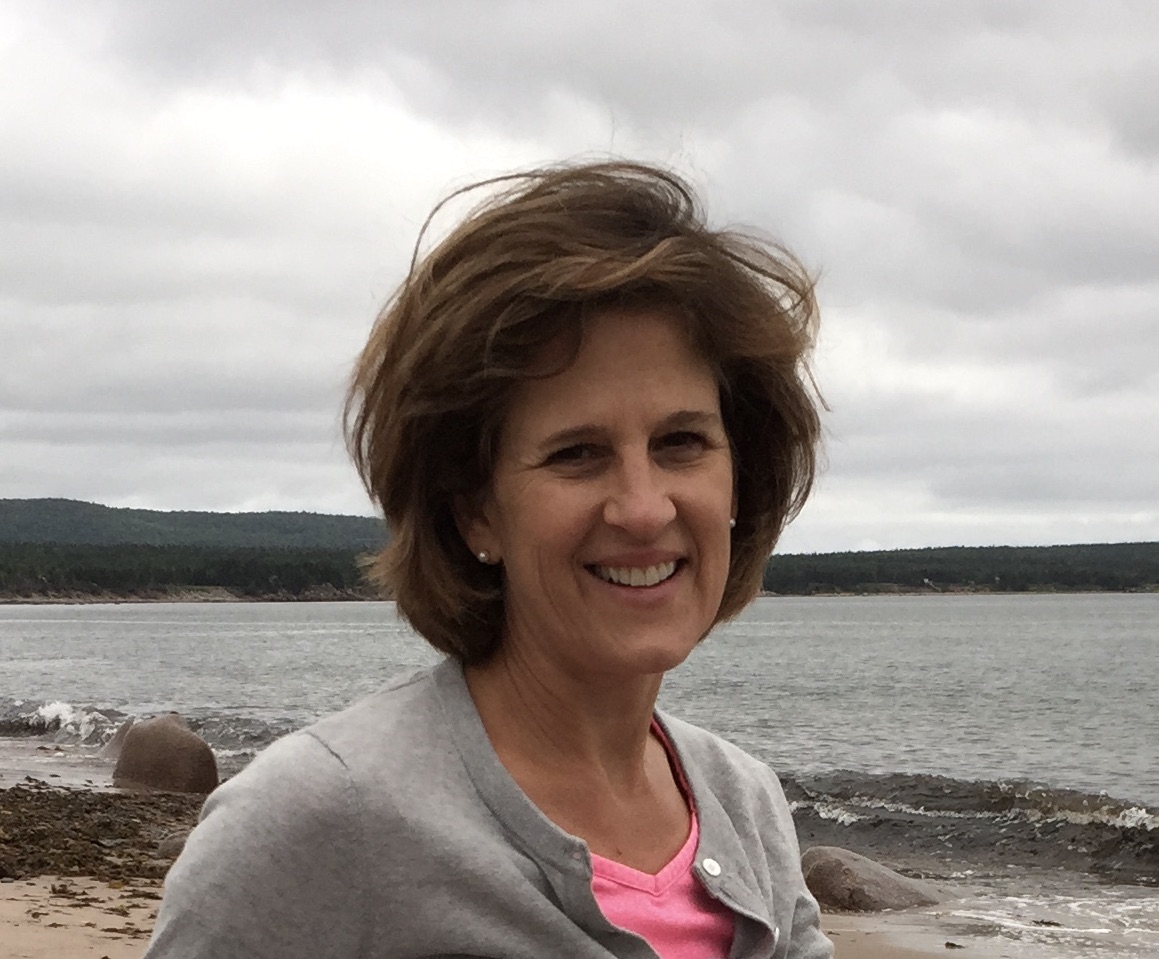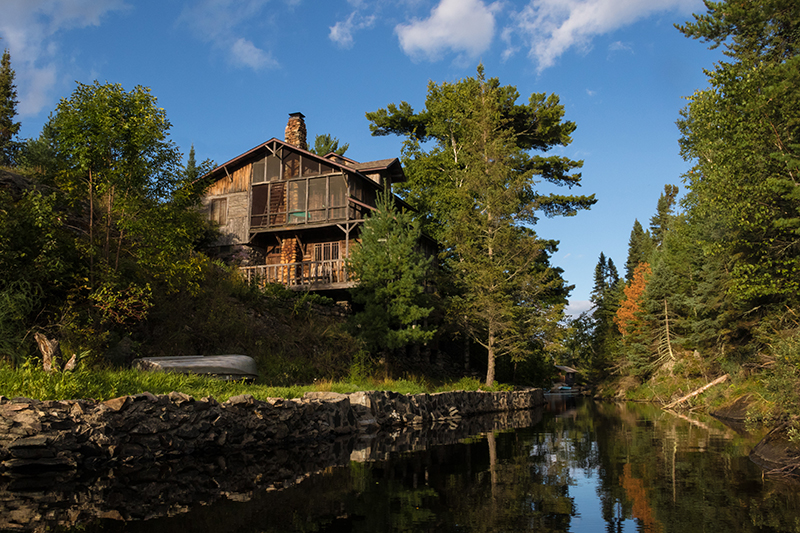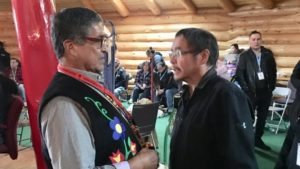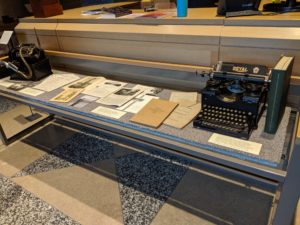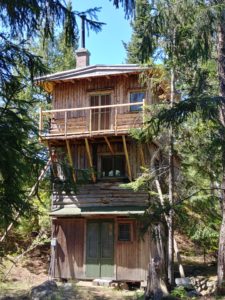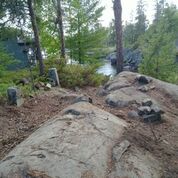Winter Newsletter Column
Stars Over Mallard
My favorite word in Anishinaabemowin is anangokaa, which means “there are many stars.” During my first night on Mallard, I woke up suddenly around midnight and stumbled out of Bird House as if in a dream. The sky was crisp and clear and studded with more stars than I had ever seen. I searched for, and found, the constellation that Pebaamibines Jones had advised us to find: Madoodiswan, the Sweat Lodge, a half-circle of seven stars. Then I spun around in a circle, trying to map as many constellations as I could. By the time I returned to Bird House, the only word in my head was anangokaa.
Other memories of my week on Mallard play in my mind like film reels: an early morning sighting of a wood duck paddling towards Gull Island, a line of ducklings trailing in her wake; a painted turtle digging a hole behind the library with her strong back feet, building a vault for her clutch of eggs; the warm sun on Ober’s wooden deck, illuminating a page of Pebaam’s workbook Daga Anishinaabemodaa. But when I think of Mallard Island, my first thought is of the stars.
My second thought is of Nookomis, Minisinaanakwadook, who gave me advice that I must work hard to remember since I’ve left Mallard: Drink when you’re thirsty, eat when you’re hungry, she told me. When I first came to Mallard, I wasn’t looking for that kind of wisdom. I study Comparative Literature at the University of Chicago, and Ober’s archives have several rare books that our library does not, including Daga Anishinaabemodaa. I particularly wanted to read the complete publications of the Smithsonian Bureau of American Ethnology, one of Ober’s rarer collections. I spent hours reading outdoors on Mallard, soaking up the sun and the words in equal measure. But what I learned from Ober’s books was supplementary to the knowledge I learned from natural observation. I think Ober understood that: the books are valuable, but it is the life of their home, the life of Turtle Island, that gives them meaning. I remember the words of Anishinaabe that I learned on Mallard more clearly than any word I learned in a library.
As a PhD student, I spend most of my time squinting at my screen or hunting down a particular passage in an obscure book. It’s hard to maintain the mindset I had on Mallard when I’m caught up in the grime and hustle of city life. My posture has definitely deteriorated. It takes effort to do what Nookomis’ name suggests and look up at the clouds. But as soon as I tilt my head back and take a deep breath, I remember why I study what I do.
On Chicago’s rare clear nights, I like to sit out on my fire escape and look for the stars. Sometimes I sing to myself, the only song I know in Anishinaabemowin:
Naangoodinong Every now and then
Ninbabaazhawendaan niiyaw I go around feeling sorry for myself
Babaamaashiyaan giizhigong And all the while the wind carries me across the sky
This song was recorded by a man named Ga’gandac from White Earth, Minnesota, in 1908. As I sing it, I hear the great tradition of mystics all over the world; such a song might have been sung by William Blake, or Matsuo Basho, or Rabindranath Tagore. In my scholarship I try to make such comparisons, for the benefit of people who aren’t familiar with the beauty of Anishinaabemowin. And whenever I go around feeling sorry for myself, I think of Mallard, and I begin to feel the great wind that carries us all.
For the people who love Mallard like we do, the wind is always blowing towards Rainy Lake. It is my privilege to be able to return this summer, to help preserve Ober’s vast archives. It is also my dream to be trained as a caretaker, to share this place that is so dear to my heart with future visitors. I hope someday to wake someone else up at midnight, push them outside, point to the stars and whisper, anangokaa.
Miigwech,
Julia Marsan
Julia is a graduate student of native/indigenous literatures of North America. Her dissertation focuses on Indigenous literatures collected by anthropologists in the late nineteenth and early twentieth century. She was a 2021 Mallard Island Individual Projects participant.
Stars Over Mallard photo by Craig Fernholz

